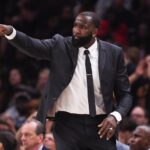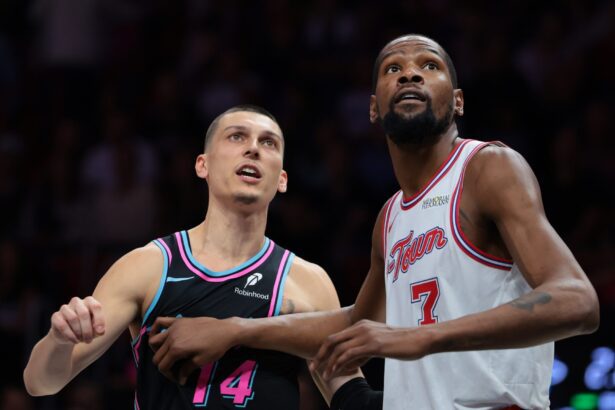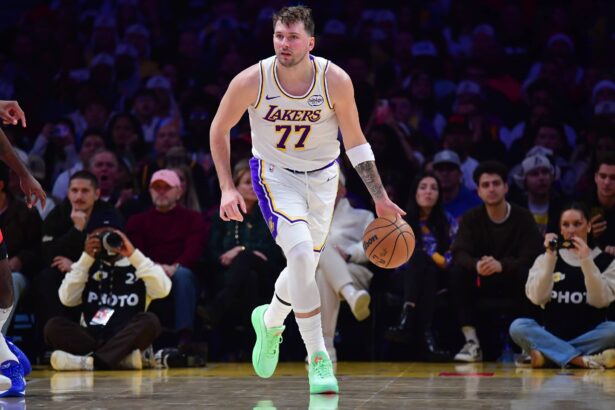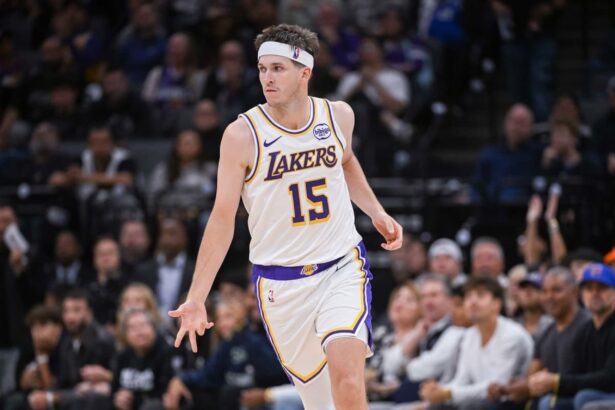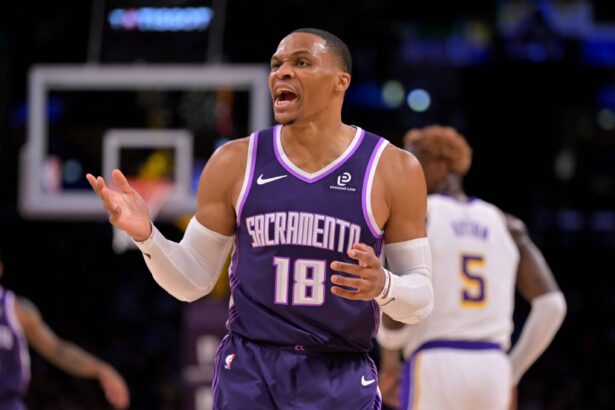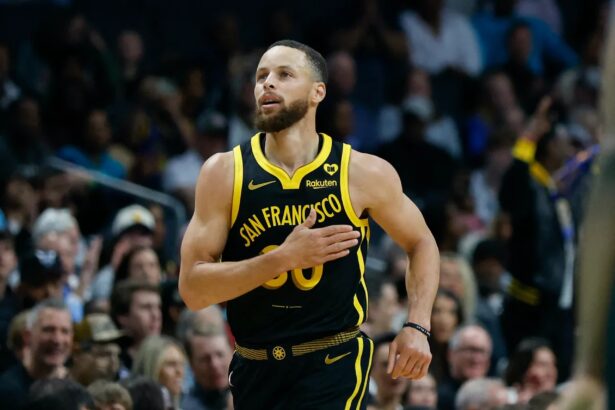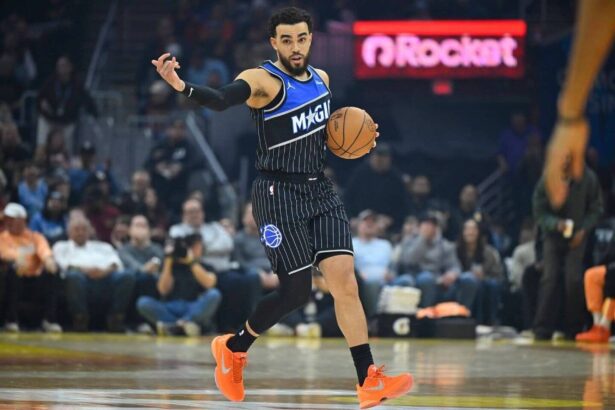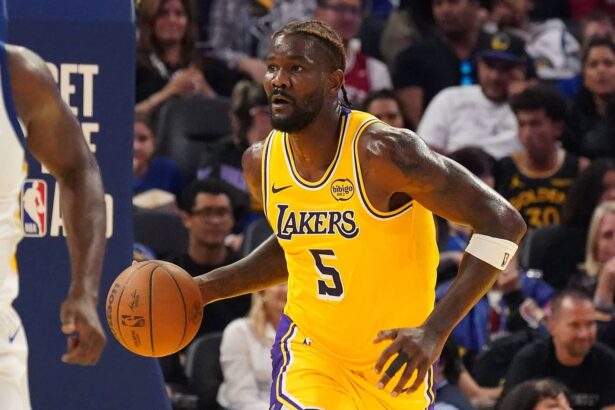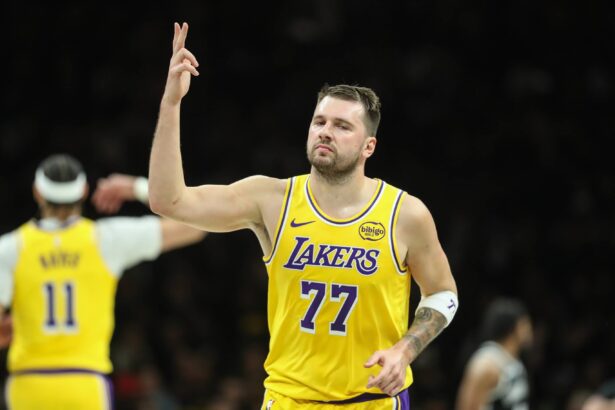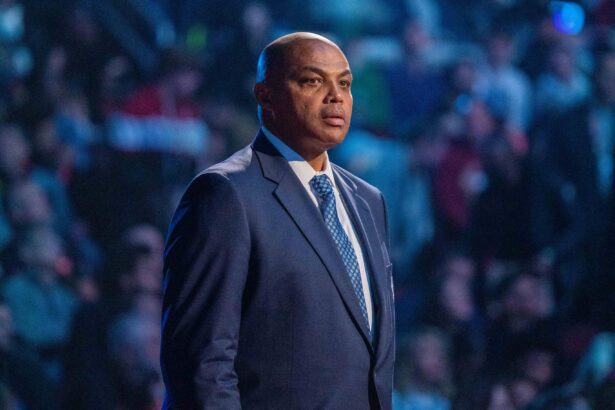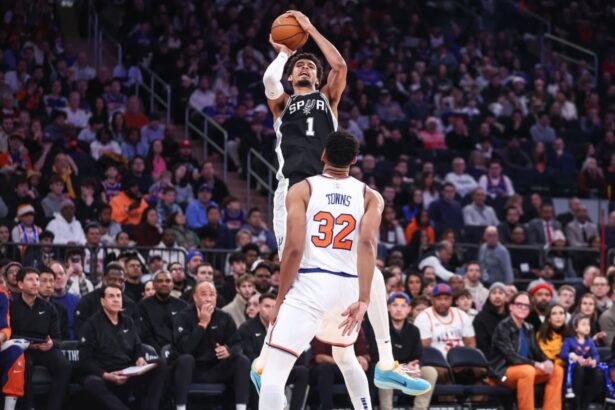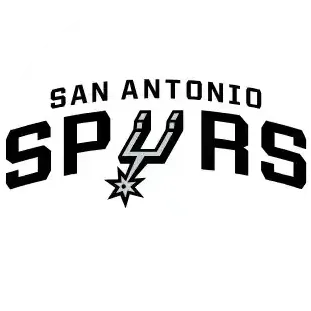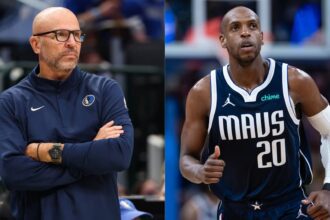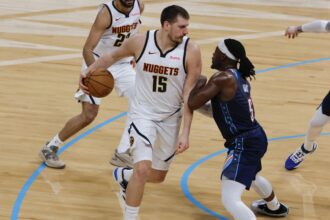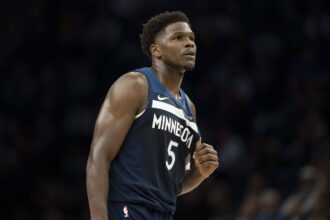Bill Simmons is never shy about pulling back the curtain on the NBA, and on his podcast this week, he dismissed the outrage surrounding the Los Angeles Clippers and their alleged cap-circumvention scheme involving Kawhi Leonard and the bankrupt green investment company, Aspiration.
“I’m like, when some of the stories have talked about how furious other teams are, that this is a breach. Get the fuck out of here. Half the league does this. I wish I could say 10% of the shit that I’ve heard over the last 20 years about all the shit that everybody does. It’s unbelievable. Everything you think is happening, is happening. Just period.”
The Clippers are under NBA investigation after multiple reports, most recently detailed by Pablo Torre, alleged that Leonard’s $28 million endorsement deal with Aspiration, plus $20 million in stock options, effectively served as an off-the-books salary supplement.
Torre’s reporting included the December 2022 payment of $1.75 million to Leonard’s KL2 Aspire LLC, a transfer that came just nine days after Clippers minority owner Dennis Wong invested $2 million into Aspiration. The timing has fueled suspicion that Leonard was being compensated outside the league-approved framework of his Clippers contract.
While rival teams and executives have reportedly expressed outrage, Simmons isn’t buying the indignation.
For Simmons, the bigger issue isn’t whether the Clippers crossed a line, it’s the idea that this type of maneuvering is treated like an isolated scandal when, in his view, it’s common practice across the NBA. Owners, he argued, didn’t become billionaires by playing it straight all the time.
The Clippers-Aspiration saga has dominated headlines because of its paper trail. Torre obtained Aspiration’s internal spreadsheets, bank statements, and employee testimony that directly linked Wong’s investment to Leonard’s overdue payment.
That level of documentation is rare, which may explain why this particular case has the NBA’s attention. But Simmons’ point is that such entanglements between players, sponsors, and ownership are hardly unique to one team.
Leonard’s deal was eyebrow-raising in size and structure: $28 million over four years, with clauses that allowed him to decline virtually any obligation, plus stock in a company that collapsed less than two years later. Critics have called it a “no-show payment.” Yet Simmons suggested that what shocks fans or media often seems mundane to insiders.
The NBA’s investigation could still result in heavy sanctions, from draft pick losses to voiding Leonard’s contract. But if Simmons is right, the fallout may ripple far beyond Los Angeles. Because if “half the league” is indeed operating in similar gray areas, the Clippers might just be unlucky enough to be the ones caught red-handed.





